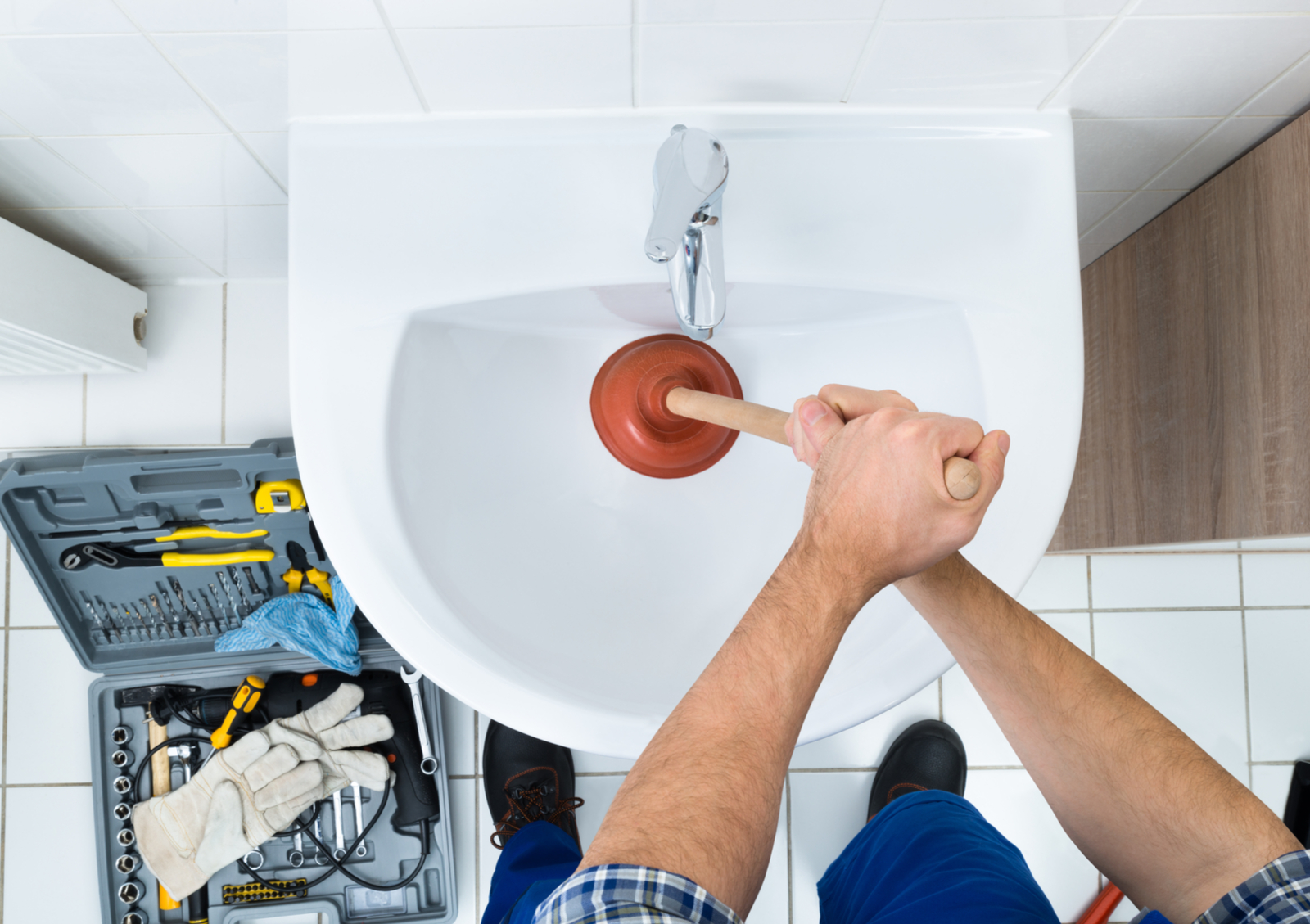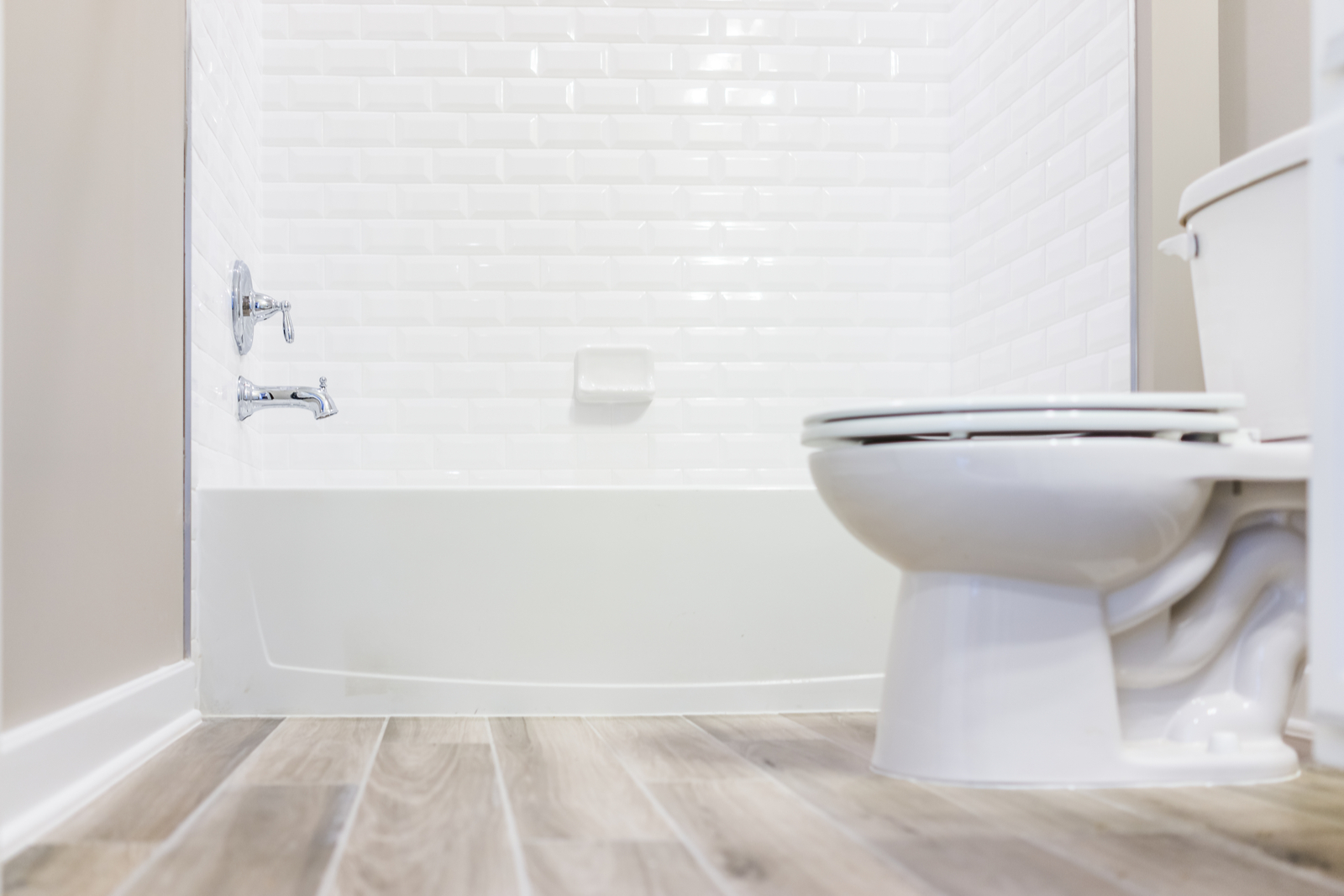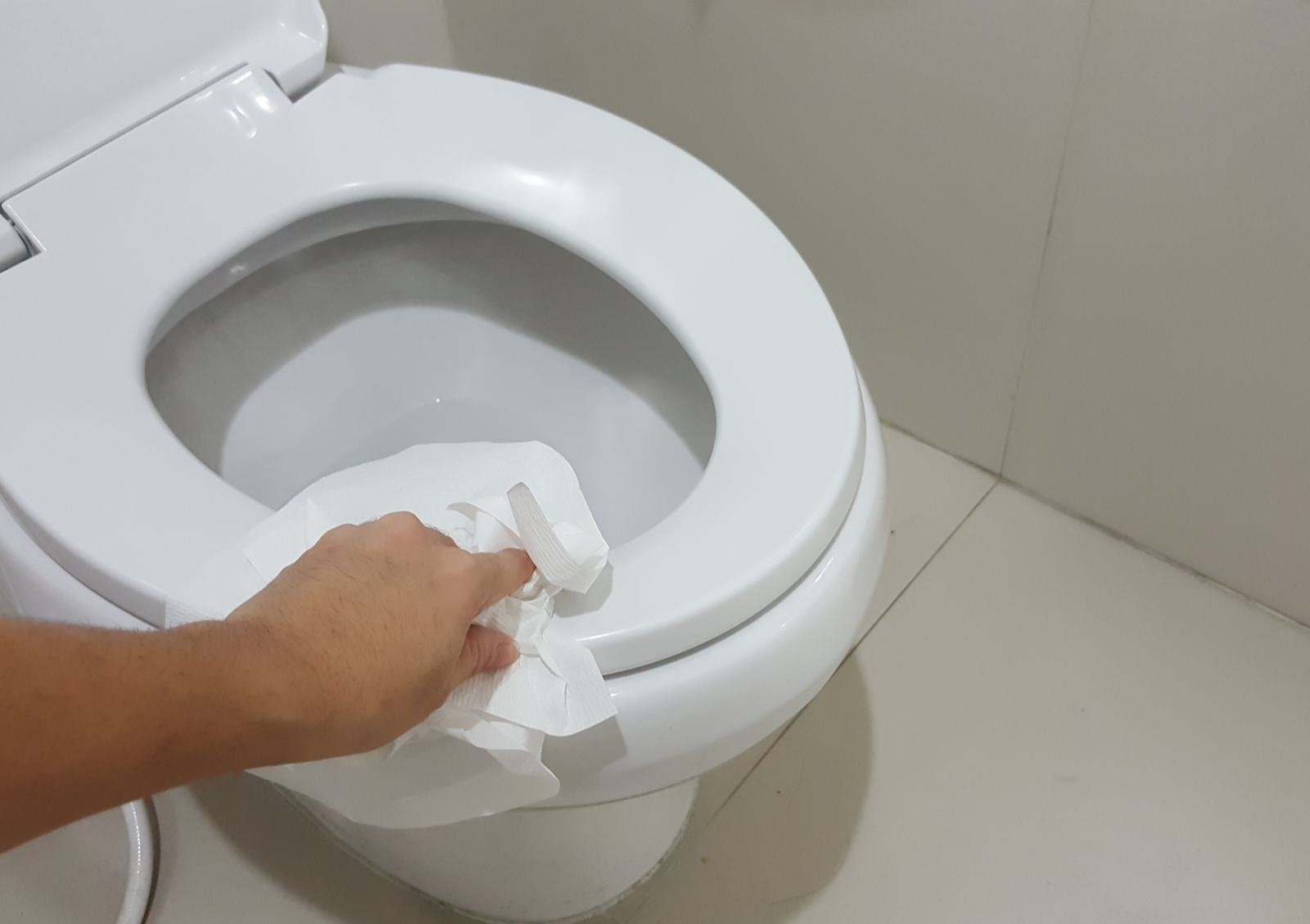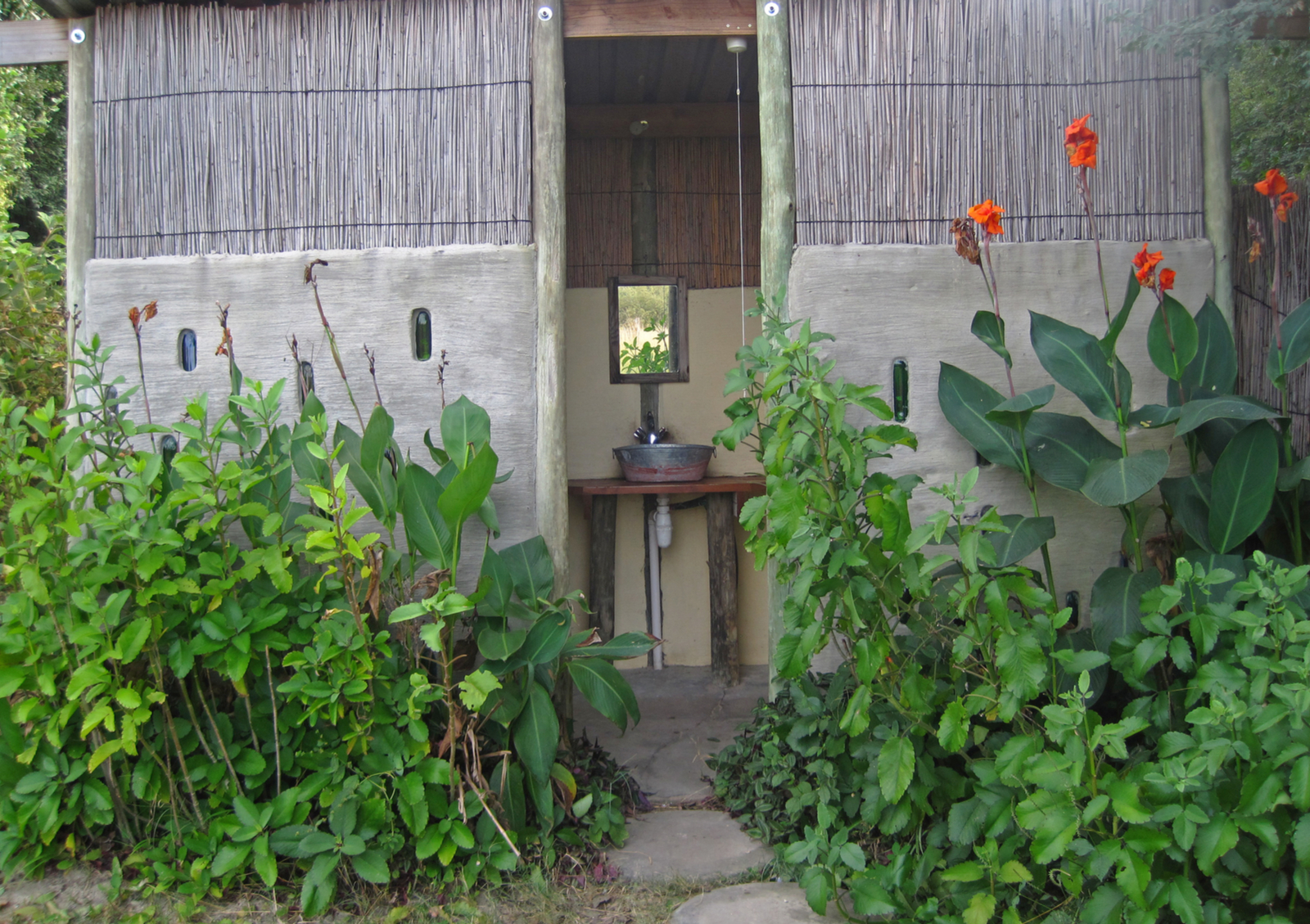
by Mokher Plumbing | Mar 15, 2019 | Residential
Do you think about the drains in your house? Not many people do until there is a serious issue. A drain emergency can pop up any time causing homeowners inconvenience and stress. There are a few signs that homeowners can recognize to prevent a blocked drain and the...

by Mokher Plumbing | Mar 1, 2019 | Residential
Toilet leaks can go undetected until they become more serious. Surprisingly, 12% of water use in homes throughout the United States are from water leaks. If your water bill has gradually increased during the past few months, chances are there is a water leak in your...

by Mokher Plumbing | Feb 12, 2019 | Residential
At some point, just about everyone uses some wipes. Here in the Miami area there are people who use them daily to help change their babies, clean their kid’s hands, remove makeup, and so on. Wipes may be handy and are effective at helping you to clean things, but they...
by Mokher Plumbing | Feb 5, 2019 | Residential
It’s estimated that 30 percent of Florida’s population has a septic system. The use of septic systems can be found all around the state, including here in the Miami-Dade area. It is important that those with septic systems in Florida take care of their unit properly....

by Mokher Plumbing | Jan 28, 2019 | Bathroom, Kitchen, Residential
Plumbing is something that most homeowners take for granted. We know need it, we use it every day, but we don’t think much about something going wrong, until it does. Once something goes wrong then people have to scramble to try and figure out what to do. Having...
by Mokher Plumbing | Jan 21, 2019 | Bathroom, Kitchen, Residential
Plumbing is an everyday part of our lives. This means that we are using it so often that we are bound to come across emergency plumbing problems once in a while. We have helped many people with emergency plumbing service in the Miami area. Knowing what to do when you...






